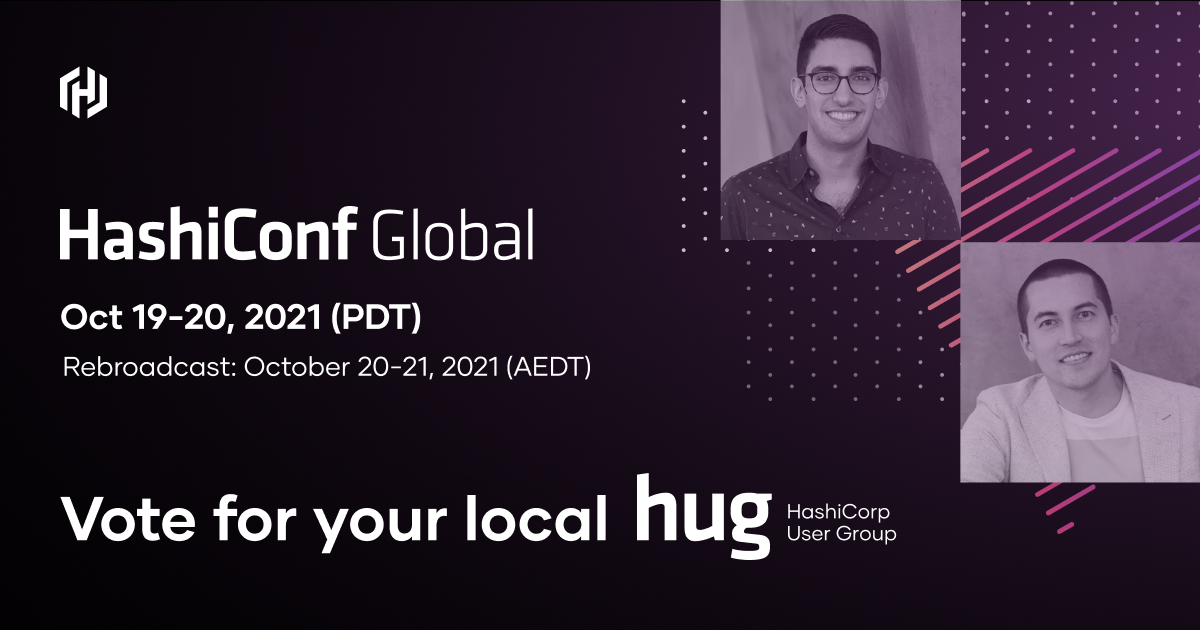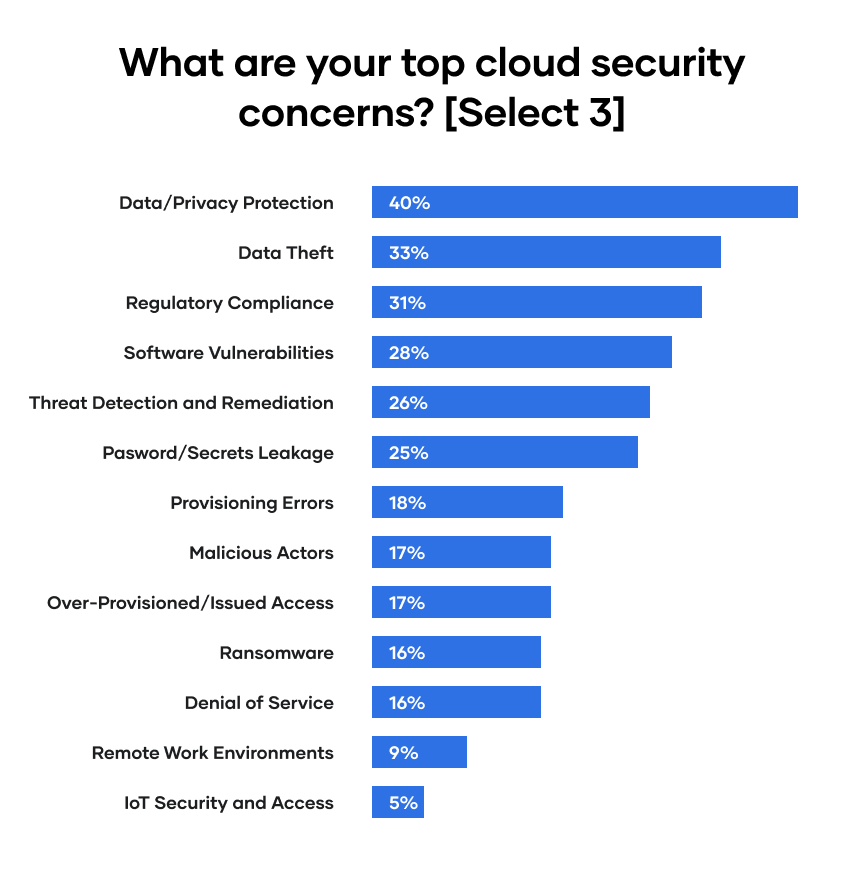New at HashiConf Global: Hands-on Labs, HashiCorp Zone, a Contest, and More
HashiConf Global, HashiCorp’s flagship community conference, is less than a month away (Tuesday-Thursday, October 19-21, 2021), and we are excited to welcome you to two full days of technical content brought to you by more than 45 speakers on three stages.
There will be keynotes from HashiCorp Co-Founders Mitchell Hashimoto and Armon Dadgar, updates from our product teams, live Q&As with multiple speakers, a fireside chat with Armon and HashiCorp customer Wayfair, music to enjoy in the breaks between sessions, and opportunities to win limited-edition HashiCorp swag.
Check out the full schedule online and register now to start saving these sessions to your schedule.
»What’s New
We are also excited to share several new elements with you that we are introducing to our virtual conference for the first time.
»Hands-on Labs
Wrap up each conference day with hands-on labs led by HashiCorp experts. These informal, interactive, hour-long sessions are an opportunity for you to follow along in real-time with prepared code and provisioning challenges featuring recent and relevant topics. We will provide real, interactive cloud workstations for you to work on, and our trainers will be on hand to answer any questions you have along the way.
The hands-on labs replace the workshops we previously offered at our conferences and will now take place on the HashiConf main stages so all attendees can follow along — no extra ticket required. See the full list of hands-on labs.
»HashiCorp Zone
The HashiCorp Zone is the place to interact with HashiCorp’s engineers, developer advocates, and product managers. Attend product demos, HashiCorp lightning talks, and regional wrap-ups, and get all of your product questions answered.
»HashCorp User Group contest
HashiCorp User Groups (HUGs) are the cornerstone of our community, so we wanted a fun way to say thank you to participants. Vote for your local HUG on the HashiConf Global event platform, and your chapter could win a virtual meeting with Mitchell and Armon, who will join the winning HUG chapter’s next virtual meeting to discuss how they grew HashiCorp from a two-person idea to the company that it is today.
Just register for HashiConf Global, then log in to the event platform, find your HUG listed on the contest page, and click to vote. Winners will be announced during HashiConf Global.

»Rebroadcast for the Asia Pacific Community
HashiConf Global will first air in the Pacific Daylight Time Zone (PDT) and then will be rebroadcast for viewers in the Asia Pacific region on October 20 and 21 in the Australian Eastern Daylight Time Zone (AEDT). Asian Development Bank, OneMount Group, and Petronas are HashiCorp customers from the region who will join the Asia Pacific schedule to share how they are using HashiCorp Terraform, Vault, and Packer to modernize and scale their operations.

»Join Us
The HashiConf Global platform is already open, so we invite you to log in today and take a look around. In addition to saving sessions to your personal schedule, you can sign up to host a lightning talk, watch pre-released videos on demand, and vote for your HashiCorp User Group in the HUG community contest mentioned above.
Whether you have been a HashiConf attendee for many years, or this is your first time attending, we hope to see you October 19-21 at HashiConf Global.
Source: HashiCorp Blog




